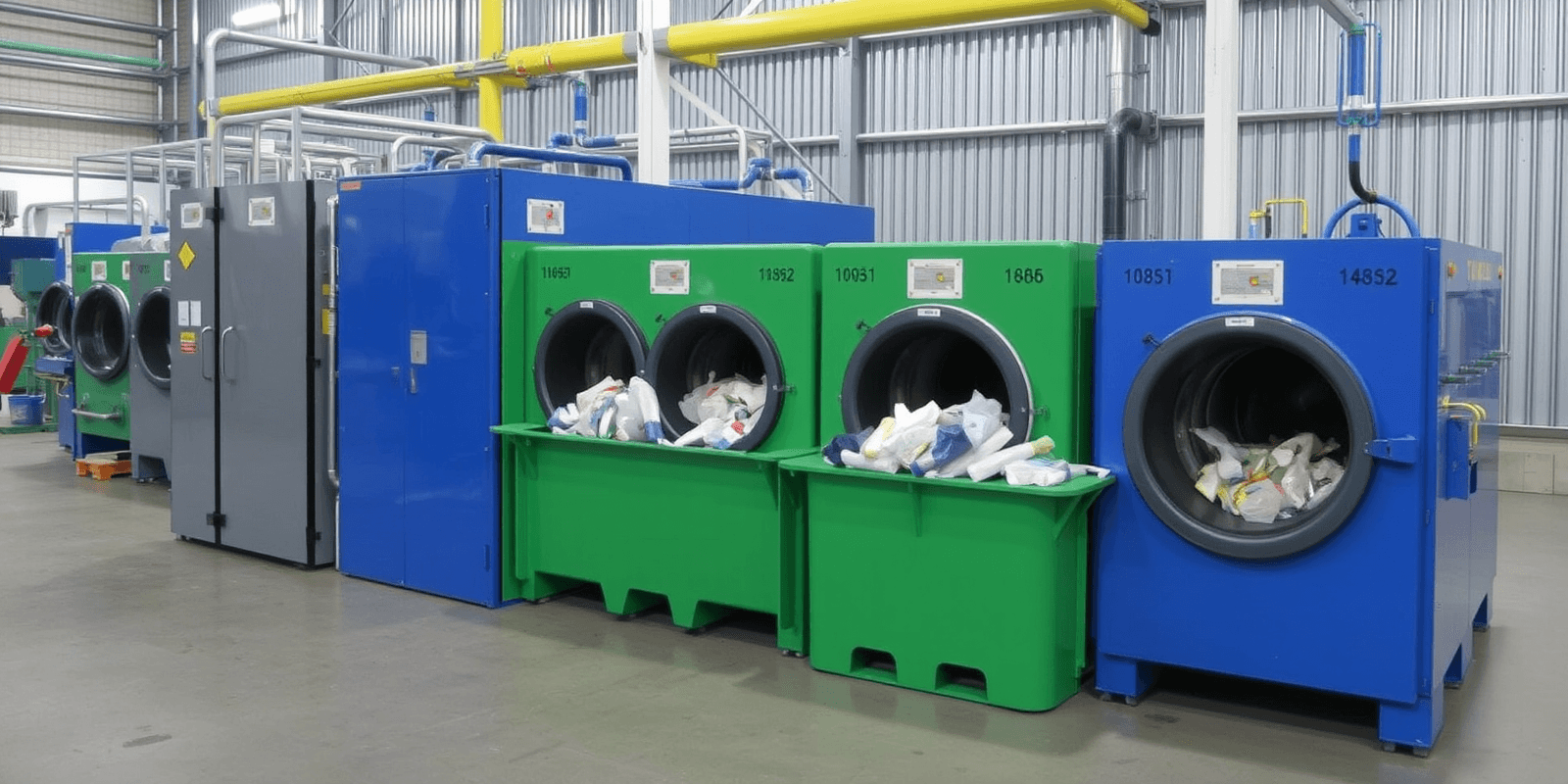Physical Address
304 North Cardinal St.
Dorchester Center, MA 02124
Physical Address
304 North Cardinal St.
Dorchester Center, MA 02124

“`html
In today’s world, the importance of recycling cannot be overstated. As we face increasing environmental challenges, turning waste into resources is not just an option but a necessity. One key technology in this transformation is the plastic washing machine. These machines are instrumental in cleaning and preparing used plastics for reuse, making them an essential part of the recycling process.
The recycling process involves several stages, each critical for transforming discarded plastics back into usable materials. The journey begins with collection, where plastic waste is gathered from various sources such as households, businesses, and industrial sites. Once collected, the plastics undergo sorting based on type, color, and quality. This step ensures that only suitable plastics enter the recycling process.
Among the most crucial steps in recycling is the cleaning process. This is where plastic washing machines come into play. These machines remove contaminants such as dirt, labels, adhesives, and other residues that can interfere with the recycling process. The effectiveness of these machines significantly impacts the quality and usability of the recycled plastic.
Washing machines are particularly important during the following stages:
By thoroughly cleaning the plastic, washing machines ensure that the material is free from contaminants, which enhances its value and makes it suitable for various applications.
Recent advancements in technology have significantly improved the efficiency and effectiveness of plastic washing machines. Innovations such as automated systems, advanced filtration techniques, and energy-efficient designs have revolutionized the recycling industry.
Modern washing machines often incorporate automated systems that streamline the cleaning process. These systems can handle large volumes of plastic waste efficiently, reducing labor costs and increasing productivity. Automation also minimizes human error, ensuring consistent cleaning quality.
Advanced filtration techniques have been developed to remove even the smallest contaminants. High-efficiency filters and centrifugal separators help in achieving cleaner outputs. This results in higher-quality recycled plastic that can be used in more demanding applications.
Eco-friendly designs are another significant advancement. Energy-efficient motors and optimized water usage reduce the environmental impact of the recycling process. Additionally, some machines use recycled water, further minimizing resource consumption.
The improvements in plastic washing machines offer numerous benefits to the recycling industry:
These advancements not only improve the quality of recycled plastic but also contribute to the overall sustainability of the recycling industry.
Plastic washing machines are indispensable tools in the recycling process, playing a vital role in transforming waste into valuable resources. Technological advancements have made these machines more efficient, effective, and environmentally friendly. By investing in and utilizing these innovations, the recycling industry can continue to evolve, meeting the growing demand for sustainable practices and contributing to a cleaner, greener future.
For further reading on plastic recycling and the role of washing machines, consider exploring the following resources:
“`